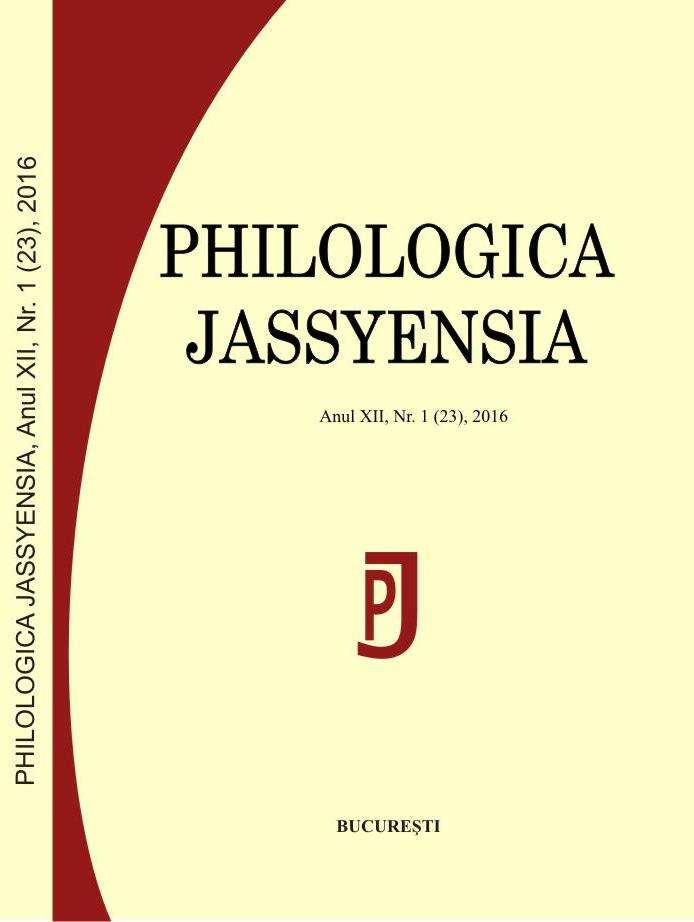Romanian Language Literacy in Vojvodina and in Eastern Serbia. Premises and Consequences of Linguistic Languages and Political Dialects
Romanian Language Literacy in Vojvodina and in Eastern Serbia. Premises and Consequences of Linguistic Languages and Political Dialects
Author(s): Mariana Dan, Minerva Trajlovic-KondanSubject(s): Language and Literature Studies
Published by: Editura Tracus Arte
Keywords: Romanian minorities in Serbia; linguistic languages and political dialects; literacy; identity
Summary/Abstract: The Romanian minority from Voivodina (Serbian Banat) and the Romanian minority from Eastern Serbia are linguistically, ethnically and culturally related communities. However, the policy of the dominant/majority culture wants to nurture them different identities. Although the Romanian idioms of both rural regions are of the same origin, in the first case (Vojvodina) literacy in their mother tongue was organized in 1933, as a result of a political agreement between Yugoslavia and Romania, while, in the second case (Eastern Serbia) it was not allowed until 2013. Therefore, while the Romanian minority from Voivodina is literate in their mother tongue (having been allowed to open schools, to have church service in Romanian, and a Printing house), the Romanian minority from Eastern Serbia was deprived of the fundamental human right to, at least, attend elementary school in their mother tongue. As a result, the Romanian idiom from Eastern Serbia has remained archaic, lacking in scientific terminology, and is being used only ‘at home’. This population, renowned for its ancient traditions, especially ‘spells’ and ‘magic’, is considered undeveloped. As language is closely related to cognition, the impression of ‘backwardness’ is only the result of their being deprived of literacy in their mothertongue. Being compelled to attend school in Serbian, this population has been largely assimilated by the majority Serbian one. The parallel drawn between the linguistic and identity situation of the Romanian minority from Voivodina and the Romanian minority from Eastern Serbia reveals the important role politics plays in language and identity formation. For example, the Serbo-Croatian language does not officially exist anymore (R. Bugarski), and remained only a ‘linguistic language’ (although it is still practically spoken by the inhabitants of ex-Yugoslavia). The same goes for the Romanian idiom of Voivodina and Eastern Serbia, which remained linguistically the same Romanian language. As the Serbo-Croatian language dissipaded into various ‘political dialects’ (which bear the names of the newly-born states, resulted from the falling apart of ex-Yugoslavia), the Romanian idiom from Voivodina and from Eastern Serbia were also, practically, politically differenciated. Being deprived of the possibility to attend school in their mother tongue for so many decades, the Romanian population from Eastern Serbia has been lately ‘rediscovered’ with a ‘new’ linguistic and ethnic Serbian identity. The recently published textbooks for the children of Eastern Serbia (as a consequence of the EU premises regarding minority populations rights) only maintain and reflect the artificially created opposition between Romanian as a linguistic language and the ‚new’ political dialects, which are not the result of the falling apart of a country, but within the same country, by means of its cultural policy. This paper analyses the premises and consequences of this kind of discrimination in education in one’s mother tongue, and the identity issues of these minority populations, whose mother tongue is the Romanian language.
Journal: Philologica Jassyensia
- Issue Year: XII/2016
- Issue No: 1 (23)
- Page Range: 151-168
- Page Count: 18
- Language: English

